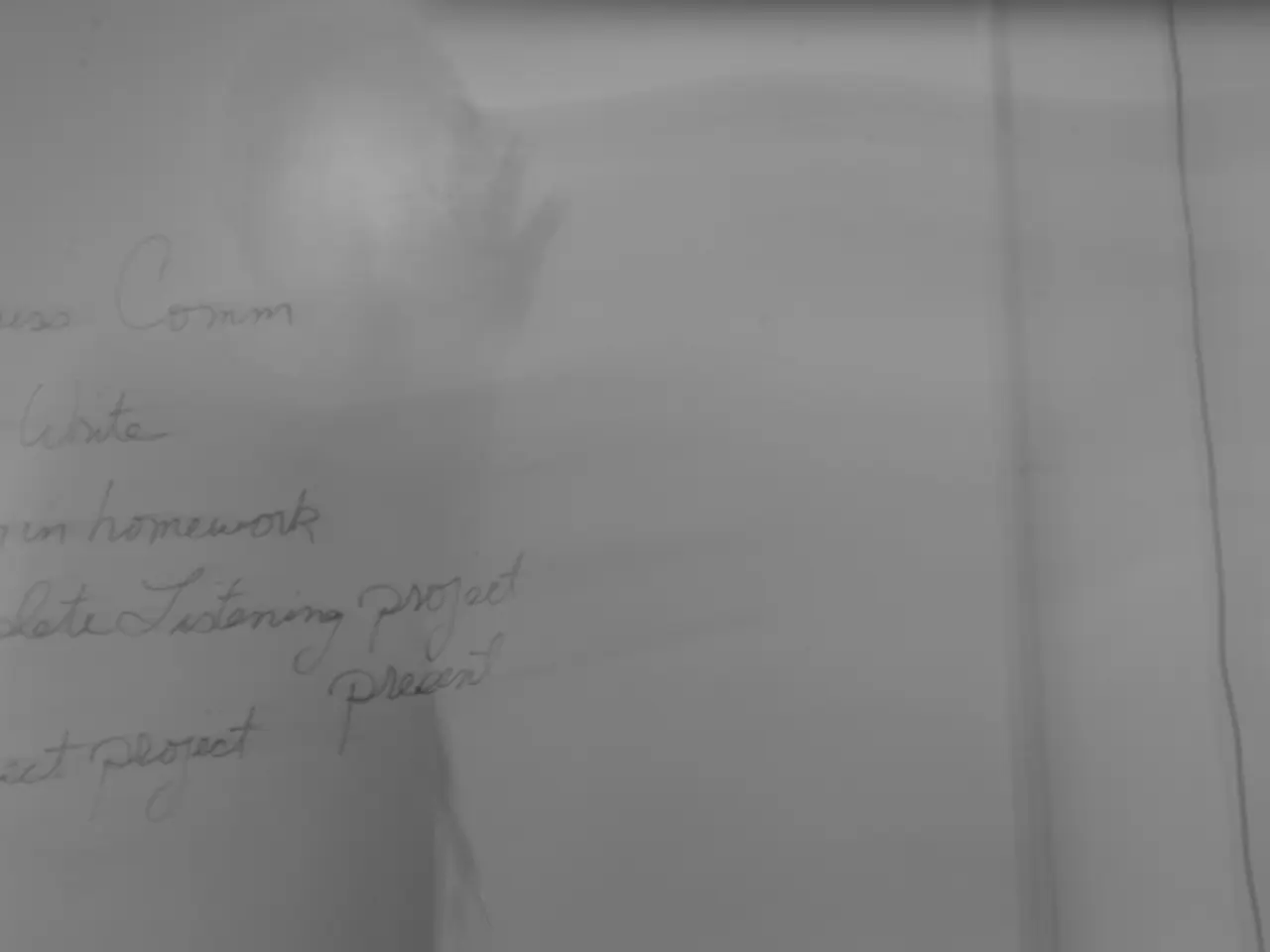Overcoming Information Overload: Strategies for Safeguarding Mental Well-being in the Era of Constant Connections
In the digital age, we are constantly bombarded with an abundance of information from various sources - media, social networks, emails, and more. This phenomenon, known as info-overload, was first theorized by economist Bertram Myron Gross in the early 1960s, and the term itself emerged in 1993.
Info-overload can have severe emotional and psychological effects, including mental overload, anxiety, and stress. The professional space is not immune to this, with the multiplication of emails, messaging, documents, and agendas leading to a state of perpetual connection that can result in burnout, frustration, and guilt.
Hyper-connected youth seem to suffer the most from info-overload, lack of information hygiene, and concrete media education. The constant barrage of information can disrupt decision-making processes, making it difficult to prioritize and hierarchize data.
Info-overload can also lead to pathology, including cognitive saturation syndrome, depression, and burnout. It has become a real public health problem, requiring a questioning of the meaning and relationship with information in general.
However, there are concrete solutions to face information overload. Reducing screen time, especially before bedtime, is crucial to protect sleep quality and reduce mental fatigue. Practicing mindful information consumption by filtering sources, prioritizing valuable content, and resisting compulsive scrolling habits can also help reduce unnecessary cognitive load.
Taking digital breaks or engaging in digital detoxes can foster mental clarity and emotional balance. Enhancing digital hygiene through actions like turning off non-essential notifications, organizing digital workspaces, and avoiding multitasking can help reduce cognitive overload at work.
Prioritizing and simplifying tasks professionally by breaking tasks into smaller chunks and focusing on one task at a time can improve concentration and reduce anxiety caused by overload. Creating physical and digital organization can aid cognitive processing.
Adopting relaxing activities and ensuring adequate rest and sleep can counteract stress and cognitive fatigue induced by information excess. Seeking psychological support such as therapy or counseling can address social media anxiety, develop healthy coping mechanisms, and manage stress triggers related to digital overload.
In summary, combining behavioral changes (screen time limits, digital detox), cognitive strategies (task prioritization, mindful consumption), environmental adjustments (workspace organization), and professional support forms a comprehensive approach to mitigating information overload’s negative mental health effects both personally and at work.
It's essential to remember that the term "info-overload" is a portmanteau of "information" and "overload," used to describe receiving more information than one can process. There's a risk of misinformation or disinformation when dealing with a large amount of information, making it difficult to distinguish good from bad information.
The right to disconnect was introduced into the Labor Code in 2016, aiming to allow employees to no longer be available to their employer outside of working hours and protect their rest time. The proliferation of information and communication tools can result in a profusion of information and solicitations, often referred to as "noise" or "information cloud." The term "communication mille-feuille" refers to the passage of information from one to another, often disrupting work in progress.
In conclusion, managing info-overload requires a multi-faceted approach that considers both personal behaviour and professional practices. By adopting these strategies, we can navigate the digital landscape with greater ease and preserve our mental health in the process.
References:
- Mediapart Club
- Ministry of Economy
- Cairn.info
- ObSoCo
- INSV
- LiveCareer
- OICN
- Légifrance
- Ministry of Labor
- Welcome to the Jungle
- Les Echos Solutions
- The annual reference of OICN (2023)
- Technology, with its abundance of information sources, can contribute to info-overload, leading to mental health issues like anxiety and stress, not just in the workplace but also among hyper-connected youth.
- Science and therapies have revealed that info-overload can lead to pathologies like cognitive saturation syndrome, depression, and burnout, making it a public health concern that requires a re-evaluation of our relationship with information.
- To combat info-overload, fitness and exercise, such as meditation, digital detoxes, and mindful information consumption, are recommended for maintaining both mental and physical health, along with proper nutrition and CBD, a potential natural remedy for anxiety and stress.
- In the statement, "The term 'info-overload' is a portmanteau of 'information' and 'overload,' used to describe receiving more information than one can process," the connection between science, technology, and mental health is highlighted, emphasizing the need for awareness and strategies to manage the impact of technology on our wellbeing.




